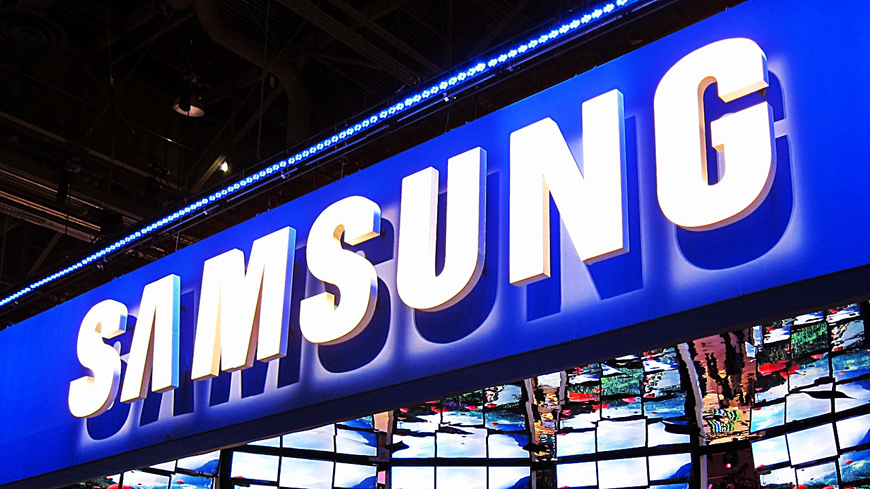Samsung (005930) is the world’s top Android smartphone vendor by a staggering margin. Aside from LG (066570), which managed a small $20 million profit from its mobile division last quarter, no other global Android vendor can figure out how to make money selling Android phones. Meanwhile, Samsung posted a $6 billion profit on $47.6 billion in sales in the third quarter, thanks largely to record smartphone shipments and a massive marketing budget. Even as industry watchers turn sour on Apple, Samsung is seen steamrolling into 2013 and its stock is up nearly 50% on the year while Apple (AAPL) shares continue to fall from a record high hit in September. As unstoppable as Samsung appears right now, one key question remains: Is Samsung driving Android’s success or is Android driving Samsung’s success? Starting in 2013, we may finally begin to find out.
Earlier this year, BGR wrote about Samsung’s effort to look beyond Android. Even with its own UI and application suite — and even with its own content services — Samsung will always rely on Google (GOOG) if it continues to base its devices on Google’s latest Android builds.
This isn’t necessarily a bad thing, but it means Samsung will never truly control the end-to-end experience on its products. It also means Samsung will never truly own its smartphones and tablets. Instead, Samsung’s devices will deliver an experience that is an amalgamation of Google’s vision and its own.
But there are alternative options. One example is the path Amazon (AMZN) has taken. Amazon let Google do the grunt work and then took its open-source Android OS and built its own software and service layer on top. Kindle Fire users don’t sit around waiting for Android updates — many of them don’t even know they’re using an Android-powered tablet.
Samsung could do the same thing, but there is a great deal of prep work that would need to be done first. Amazon’s efforts were so successful (depending on your measure of success) because the company already had a massive ecosystem in place before it even launched its first device. Streaming movies and TV shows, eBooks, retail shopping and a stocked application store were all available on the Kindle Fire from day one.
Samsung doesn’t have this luxury. Yet.
Samsung could also take ownership of a new OS, and Tizen may or may not end up being that OS. Samsung is co-developing the new Linux-based mobile platform with Intel (INTC) and others, and a new rumor from Japan’s The Daily Yomiuri suggests Samsung plans to launch its first Tizen phone in 2013. “Samsung will probably begin selling the [Tizen] smartphones next year and they are likely to be released in Japan and other countries at around the same time,” the site’s sources claim.
This will be a slow process. If Samsung follows the same path it took with Bada, the company’s earlier Linux-based OS that was folded into the Tizen project, things will start out slow as Samsung launches regional devices that are restricted to a few Eastern markets. Testing the waters before dumping serious marketing dollars into the project isn’t a bad idea, especially considering the battle at the bottom of the smartphone OS food chain that will already be taking place in 2013.
But one thing is clear: Samsung is looking to broaden its strategy and move beyond a point where it relies entirely on another company for its smartphone software.[bgr-post-bug]




